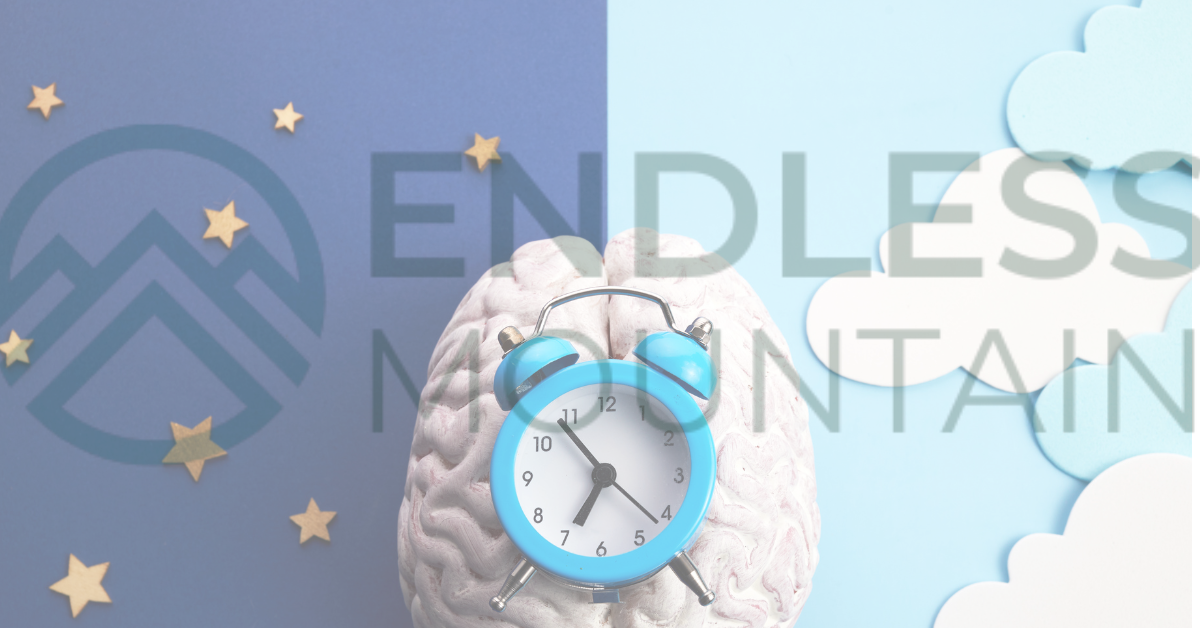Melatonin is a widely used over-the-counter supplement that helps regulate sleep cycles. Unlike prescription sleep aids, melatonin is considered a natural hormone that the body produces to promote rest. However, many people wonder: can you become addicted to melatonin? Understanding its effects, potential for dependency, and safe usage is essential for those relying on it for better sleep.
What is Melatonin?
Melatonin is a hormone naturally produced by the pineal gland in response to darkness. It helps regulate the body’s circadian rhythm and promotes sleep. Many people take melatonin supplements to combat insomnia, jet lag, or irregular sleep schedules due to shift work. Unlike sedative sleep aids, melatonin does not induce sleep directly but rather signals to the body that it is time to rest.
Can You Become Addicted to Melatonin?
Melatonin is not considered an addictive substance in the traditional sense. Unlike drugs that trigger the brain’s reward system (such as opioids, benzodiazepines, or stimulants), melatonin does not create cravings or compulsive use behaviors. However, psychological dependence can develop in some individuals who believe they cannot sleep without it.
Signs of Psychological Dependence on Melatonin:
- Feeling anxious or stressed when unable to take melatonin
- Believing that sleep is impossible without supplementation
- Increasing dosage over time due to perceived tolerance
- Using melatonin every night without exploring other sleep solutions
Does Melatonin Cause Withdrawal?
Because melatonin is a hormone rather than a sedative, withdrawal symptoms are uncommon. However, some individuals report temporary sleep disturbances after stopping regular melatonin use. These effects may include:
- Difficulty falling asleep
- Increased nighttime awakenings
- Vivid dreams or unusual sleep patterns
These symptoms are typically short-lived and resolve once the body readjusts to its natural melatonin production cycle.
How to Use Melatonin Safely
To minimize the risk of dependence and maximize effectiveness, follow these guidelines:
- Use the lowest effective dose – Most adults only need 0.5 mg to 3 mg, but many supplements contain higher doses that may be unnecessary.
- Take melatonin 30-60 minutes before bed – This allows the body enough time to process the hormone and signal sleep readiness.
- Limit long-term use – Melatonin is best for short-term sleep issues, not as a permanent sleep solution.
- Pair melatonin with good sleep hygiene – Avoid screens before bed, maintain a consistent sleep schedule, and create a relaxing bedtime routine.
Healthier Alternatives to Melatonin
If you rely on melatonin regularly, consider other strategies to improve sleep naturally:
- Cognitive Behavioral Therapy for Insomnia (CBT-I) – A highly effective treatment that addresses sleep-related anxiety and behaviors.
- Relaxation Techniques – Deep breathing, meditation, and progressive muscle relaxation can help calm the mind before sleep.
- Magnesium and Herbal Remedies – Natural supplements like magnesium, valerian root, and chamomile may support relaxation.
When to Seek Help for Sleep Issues
Chronic sleep problems can indicate an underlying issue such as anxiety, depression, or sleep disorders. If sleep struggles persist despite trying multiple solutions, professional guidance can help identify the root cause.
At Endless Mountain Behavioral Healthcare, we provide expert support for individuals facing sleep disturbances, anxiety, and mental health challenges. If you or a loved one is struggling with sleep dependency or other concerns, contact us today for compassionate care and evidence-based treatment options.

